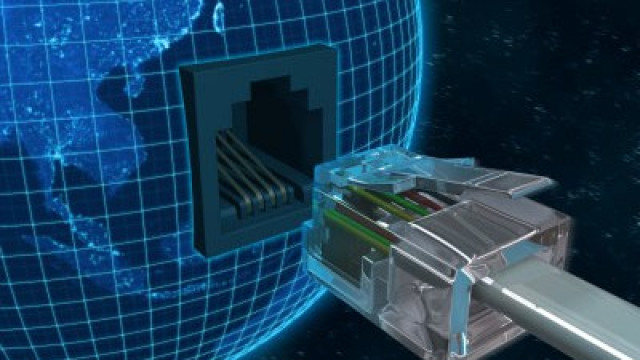Not so long ago, a group of smart British MPs (236 to be exact), sitting on their cushiony green benches, decided to vote on and accept the Digital Economy Bill. The bill enabled copyright holders to block a household’s internet connection for downloading copyright material without permission. Quite naturally, the “criminals” were angered.
Not to worry though. Shortly thereafter a group of smart unknown coders, possibly sitting on their not-so-cushiony chairs of unknown colour, wrote an 86-line code to make bittorrents (choice method of downloading for “criminals” all over the world) untraceable. Joy returned to the e-world and all was fine. The e-sheep grazed happily and the e-birds did their happy e-chirpy routine. A popular website even said, “The ingenuity that runs through the core of the Internet will always be more nimble than those who seek to control it for their own gain.”
1.8 billion internet users, more than 1 trillion unique web-pages - how will they ever keep track of all this, right? Wrong. Better-than-rudimentary data-filtering mechanisms are already operational and they will only get better.
“So what?” I hear you say. “The internet will always stay one step ahead of ‘those who seek to control it for their own gain’.” In the short run - yes, perhaps. In the long run - not so yes.
Remember the April 14 story about phone-surveillance that this paper carried? There was a time when phones were not digital and spying on someone was hard and an expensive prospect. Consequently, privacy - for the average joes like us - was pretty much guaranteed. Unlike now, the telephone companies back then did not bother (or could afford for that matter) to keep 45-day records of one neighbour telling another illegal jokes (hint, mister president) on a daily basis.
And that, incidentally, is exactly my point. The internet, for all its size and breadth, is still, at the end of the day, based on a human-created network of switches and wires that talk to each other. As technology grows and these rudimentary building blocks become more developed, like the telephone, the internet too will become much easier to monitor and the concept of ‘untraceable’ will become a myth accessible only to “people-with-links” and your “average-home-user-super-genius-movie-character”. It should not take long either - most of the basic-building blocks (voice recognition, keyword filtering, smarter AI systems) are already in place. It is just a matter of time.
So- internet as the final frontier? I think not. From where I stand, the internet of today is the phone of tomorrow.
Internet – the final frontier!



COMMENTS
Comments are moderated and generally will be posted if they are on-topic and not abusive.
For more information, please see our Comments FAQ